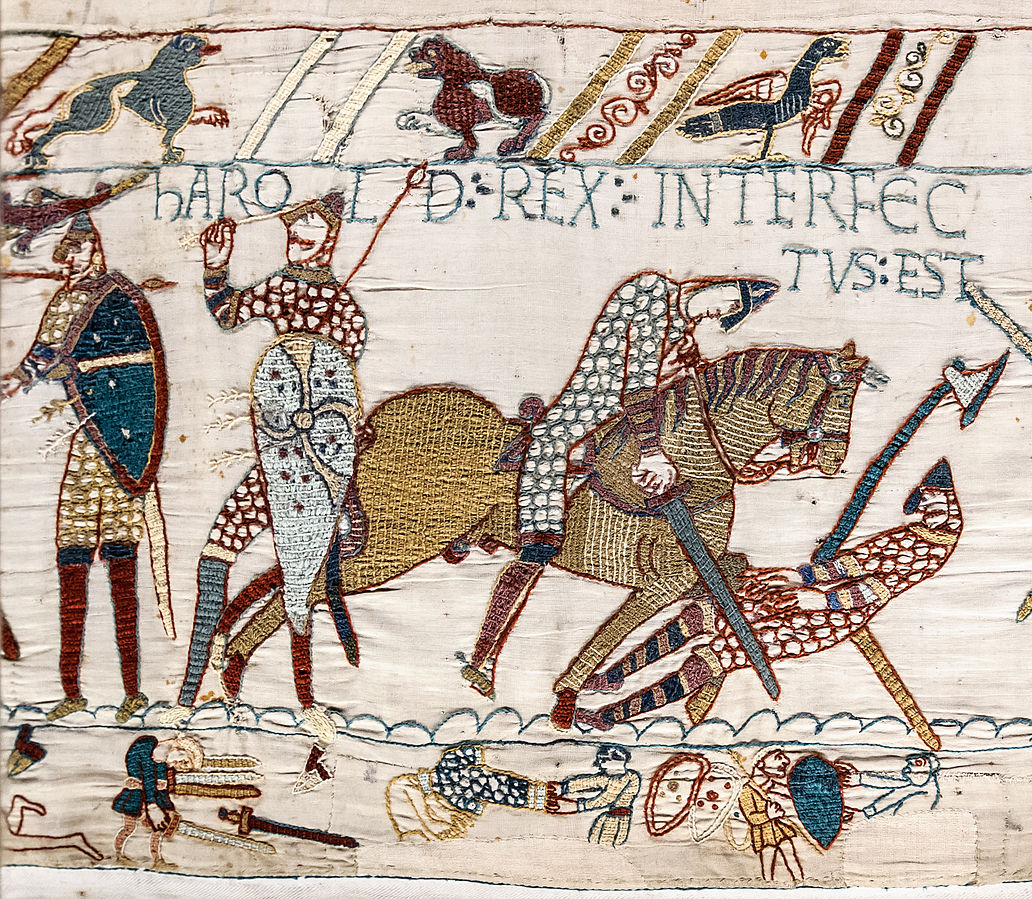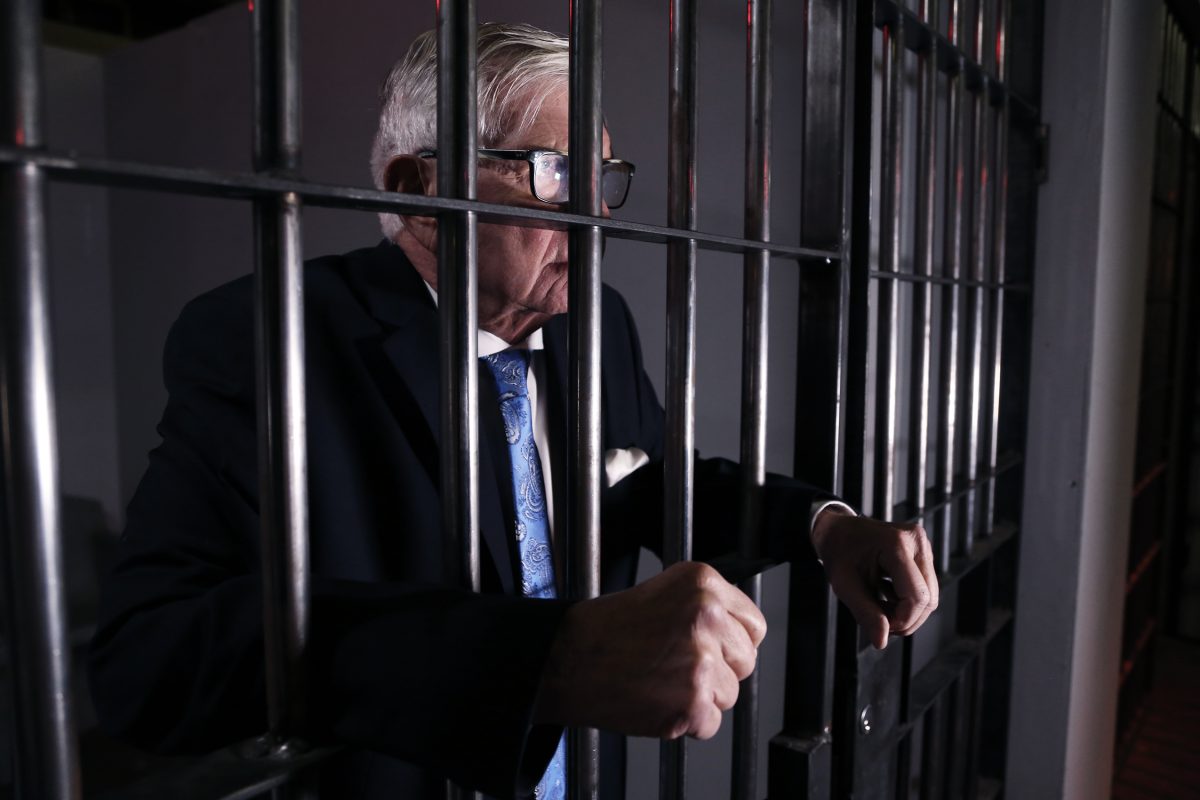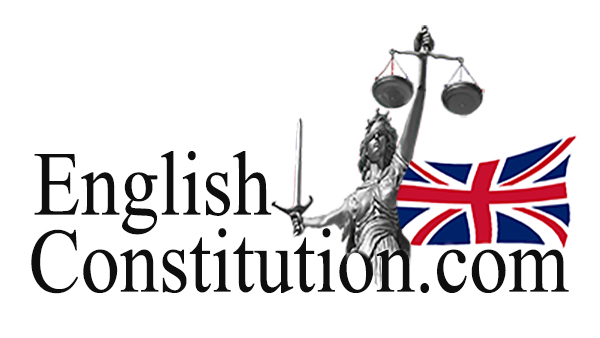What is the English Constitution?
The English Constitution, also known as the UK Constitution, is a collection of written statutes, common law principles, treaties and conventions also encompassing court authorities and unwritten principles that have been established over centuries.
Parliamentary sovereignty
The English Constitution is about parliamentary sovereignty, meaning that only Parliament can enact or repeal any law, including those related to the constitution. No one, and no body, other than the properly constituted English Parliament can re-enact or override Parliament’s decisions.
The written English Constitution
The written English constitution is a collection of written acts of Parliament and ever evolving case law established by final judgments of the courts. Important parts of the written constitution include the Magna Carta (1215), the Bill of Rights (1689), Parliamentary Oaths Act 1866, Promissory Oaths Act 1868, together with modern acts of Parliament, the Human Rights Act 1998, the Police Reform Act 2002 and the Constitutional Reform Act 2005.

What is common law?
Common law is a legal system built upon judicial decisions and precedents, and not just on statutory law enacted by Parliament. Judges interpret existing laws and establish new legal precedents by handing down judgments, interpreting and applying the law, known as case law, shaping the common law over centuries. Common law ensures consistency while adapting to new situations in an ever-evolving legal landscape.
Named because it was common to all the king’s courts, ancient common law originated in the practices of the courts of the English kings in the 10th century after the great Norman Conquest in 1066.

Common law of the English kings established a unified legal system which was embraced throughout the UK, spreading first into Wales, and then to Ireland and throughout the overseas British Empire.
Many former British colonies are common law jurisdictions today. In modern times, around a third of the world’s population comprises of common law jurisdictions, or in societies that integrate statutory and common law together.
The democratic cruciality of the oath of office and the English rule of law
The constitution and conformity depends on all those who occupy office swearing a solemn oath, and acting always according to the affirmation given.
Abuse of power is curtailed by the rule of English law, which is principally that everyone is equal before the law, and that no one is above the law.
Principles of the rule of law prevent the state from acting outside its powers, and the constitutional separation of powers between public authorities is designed to prevent any one branch from becoming too powerful. Public law scrutiny provides for plaintiffs to judicially review to allow courts to scrutinize the legality of actions by public bodies.

The King’s Coronation oath its constitutional purpose and history
On 6 May 2023 King Charles 111 took the King’s coronation oath, one that has been included in coronation ceremonies since the earliest kings of England, of the 10th century.
The execution of King Charles 1st
King Charles I of England, Scotland, and Ireland was executed by beheading on January 30, 1649 at the front of the Banqueting House, Whitehall, London,
Charles 1 was tried in the High Court and convicted of high treason, where he was accused of being a “tyrant, traitor, murderer, and public enemy“. During the tria,l Charles 1 refused to recognize the legitimacy of the court, maintaining that he, as king, was not subject to earthly law, refusing to enter a plea.
The Glorious Revolution
The Glorious Revolution, also known as the Revolution of 1688, refers to the events surrounding the deposition of King James II of England (also James VII of Scotland and James II of Ireland) and his replacement by his daughter Mary II and her husband, Prince William of Orange.
1688 and 1689, was a major turning point in the history of England, establishing a constitutional monarchy with the Bill of Rights in 1689.
Under the Coronation Oath Act 1688, all future monarchs must take oath, a solemn promise, to govern the people according to their laws and customs, to honour the legal settlement of the Church of England, its rights and privileges, and to uphold the Protestant religion.
The King’s coronation oath
Are you willing to take the Oath?
The King replies; I am willing.
The King places his hand on the Bible, and the Archbishop administers the Oath
Will you solemnly promise and swear to govern the Peoples of the United Kingdom of Great Britain and Northern Ireland, your other Realms and the Territories to any of them belonging or pertaining, according to their respective laws and customs?
The King replies; I solemnly promise so to do.
The Archbishop says;
Will you to your power cause Law and Justice, in Mercy, to be executed in all your judgements?
The King replies; I will.
The King kneels at the Chair of Estate. The Archbishop says;
Will you to the utmost of your power maintain the Laws of God and the true profession of the Gospel? Will you to the utmost of your power maintain in the United Kingdom the Protestant Reformed Religion established by law? Will you maintain and preserve inviolably the settlement of the Church of England, and the doctrine, worship, discipline, and government thereof, as by law established in England?
And will you preserve unto the Bishops and Clergy of England, and to the Churches there committed to their charge, all such rights and privileges as by law do or shall appertain to them or any of them?
The King replies
All this I promise to do.
The King places his hand on the Bible and says
The things which I have here before promised, I will perform and keep. So help me God.
The King kisses the Bible. The Archbishop says
Your Majesty, are you willing to make, subscribe, and declare to the statutory Accession Declaration Oath?
The King replies
I am willing.
I Charles do solemnly and sincerely in the presence of God profess, testify, and declare that I am a faithful Protestant, and that I will, according to the true intent of the enactments which secure the Protestant succession to the Throne, uphold and maintain the said enactments to the best of my powers according to law.
Overreach of power and the English rule of law
One must bear in mind that Parliamentary supremacy takes precedent in the English Constitution and courts and judges only have jurisdiction to interpret the statutory laws of the land enacted by Parliament.
Judicial overreach
Courts and judges must determine outcomes according to statutory law, as those laws prescribe.
Whilst case law establishes precedents as to how similar cases are determined, judicial overreach occurs when courts exceed their jurisdictional powers, by doing acts that interfere with functions of legislative and executive branches of government.
Judicial overreach can manifest as misconstruction of statute, whether accidental or deliberate, or expanding judicial review beyond its intended scope. Judicial overreach also occurs when judges inappropriately interpret laws to achieve desired outcomes.
Similarly, legislative and executive government can overreach by interfering with the process of courts and judges. There must at all times be a constitutional separation of powers between the judiciary and the executive.
The statutory duty to maintain judicial independence
The Promissory Oaths Act of 1868 is statutory law today encompassing the constitutionally important function of the official and judicial oaths of office.
The judicial oath of office
The judicial oath serves to ensure that judges uphold the principles of justice, administering law and justice with fairness, and impartiality in their decision making.
The judicial oath is an official promise, an undertaking by the judicial officer to fulfill their duties according to the law and without bias. The judicial oath plays a crucial role in maintaining public trust in the judicial system.
Since 1868 and long prior, all judges of England & Wales must on taking office, swear a solemn oath, which imposes an express statutory duty to act impartially and ‘according to law’.
When judges are sworn in they take two oaths and affirmations. The first is the oath of allegiance and the second the judicial oath, together these are commonly known as the judicial oath, as set out below:
“Section 4 Promissory Oaths Act 1868
Form of judicial oath.
The oath in this Act referred to as the judicial oath shall be in the form following; that is to say,“I, , do swear that I will well and truly serve our Sovereign Lady Queen Victoria in the office of , and I will do right to all manner of people after the laws and usages of this realm, without fear or favour, affection or illwill. So help me God.”
Oath of the Lord Chancellor
The Lord Chancellor is a member of the Cabinet and is minister of the Crown responsible for the efficient functioning and independence of the courts. The Lord Chancellor is head of the Ministry of Justice, acing as the judiciary’s representative within Cabinet, responsible for judicial independence and the rule of law.
Section 17 Constitutional Reform Act 2005 / 6A Promissory Oaths Act 1868
1) The oath set out in subsection (2) shall be tendered to and taken by the Lord Chancellor, after and in the same manner as the official oath, as soon as may be after his acceptance of office.
(2) The oath is—
“I, , do swear that in the office of Lord High Chancellor of Great Britain I will respect the rule of law, defend the independence of the judiciary and discharge my duty to ensure the provision of resources for the efficient and effective support of the courts for which I am responsible. So help me God.”
Oath of a Member of Parliament
I, , do swear that I will be faithful and bear true allegiance to His Majesty King Charles, his heirs and successors, according to law. So help me God.
Oath of the Police Constable
The Police Reform Act 2002, Section 83:
“83 Attestation of constables
For Schedule 4 to the 1996 Act there shall be substituted—
“SCHEDULE 4
Form of Declaration
’I………………..of………………..do solemnly and sincerely declare and affirm that I will well and truly serve the Queen in the office of constable, with fairness, integrity, diligence and impartiality, upholding fundamental human rights and according equal respect to all people; and that I will, to the best of my power, cause the peace to be kept and preserved and prevent all offences against people and property; and that while I continue to hold the said office I will, to the best of my skill and knowledge, discharge all the duties thereof faithfully according to law.’”
Statutory explanatory notes on statutory duties of a police constable
“Police Reform Act 2002 Explanatory Notes
“404. Every police officer and every special constable is required, on appointment, to be attested by making a declaration in a prescribed form before a justice of the peace in the force area concerned. The Police Advisory Board for England and Wales, on which all the main police organisations are represented, advised the Home Secretary in December 2000 that the wording of the attestation should be changed to make it clear that police officers had a duty to uphold the rights of and protect everyone living or staying in the country, not just Her Majesty’s subjects. The Home Secretary has accepted the advice of the Police Advisory Board”
History of the constitutional oath of office
The constitutional oaths of office have a rich history, all with the common synergy which is that the oath, and in particular the judicial oath is law designed to regulate the conduct of the office holder to ensure he conducts his role in a lawful and constitutionally proper way.
The constitutional oaths of office are rooted in ancient practices of oath-taking, designed to affirm loyalty of faith and to the monarch, all of which are now statutory law predominantly focused on upholding the constitution and ensuring impartiality.
Breach of oath of office and treason
A breach of oath entails an office holder violating the terms of, or the general spirit of the solemn promise he or she gave. Obvious breaches are failing to uphold duties, acting contrary to the oath’s intent, or by acting dishonestly or with malicious intent.
While not every broken oath is treason, a breach of an oath of allegiance could be considered evidence of treasonous intent or activity.
Creating justice and proper regulation – English Constitution Movement
In the UK, there is no enforcement of the constitutional oaths of office, and we wonder why rights are being eroded?
The Judicial Conduct Investigations Office told us expressly “we do not regulate the judicial oath“.
English Constitution Movement exists to advocate, promote and enforce English Constitutional principles, and that means taking action against those who act unconstitutionally in office. We come at them from all angles, taking litigation against the perpetrators for breaches of duty.
Join today from as little as £11 a month (paid monthly) or £121 a year and become part of the English Constitution Movement, lets make Britain great again.
